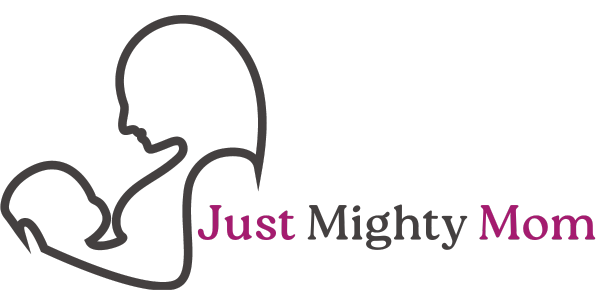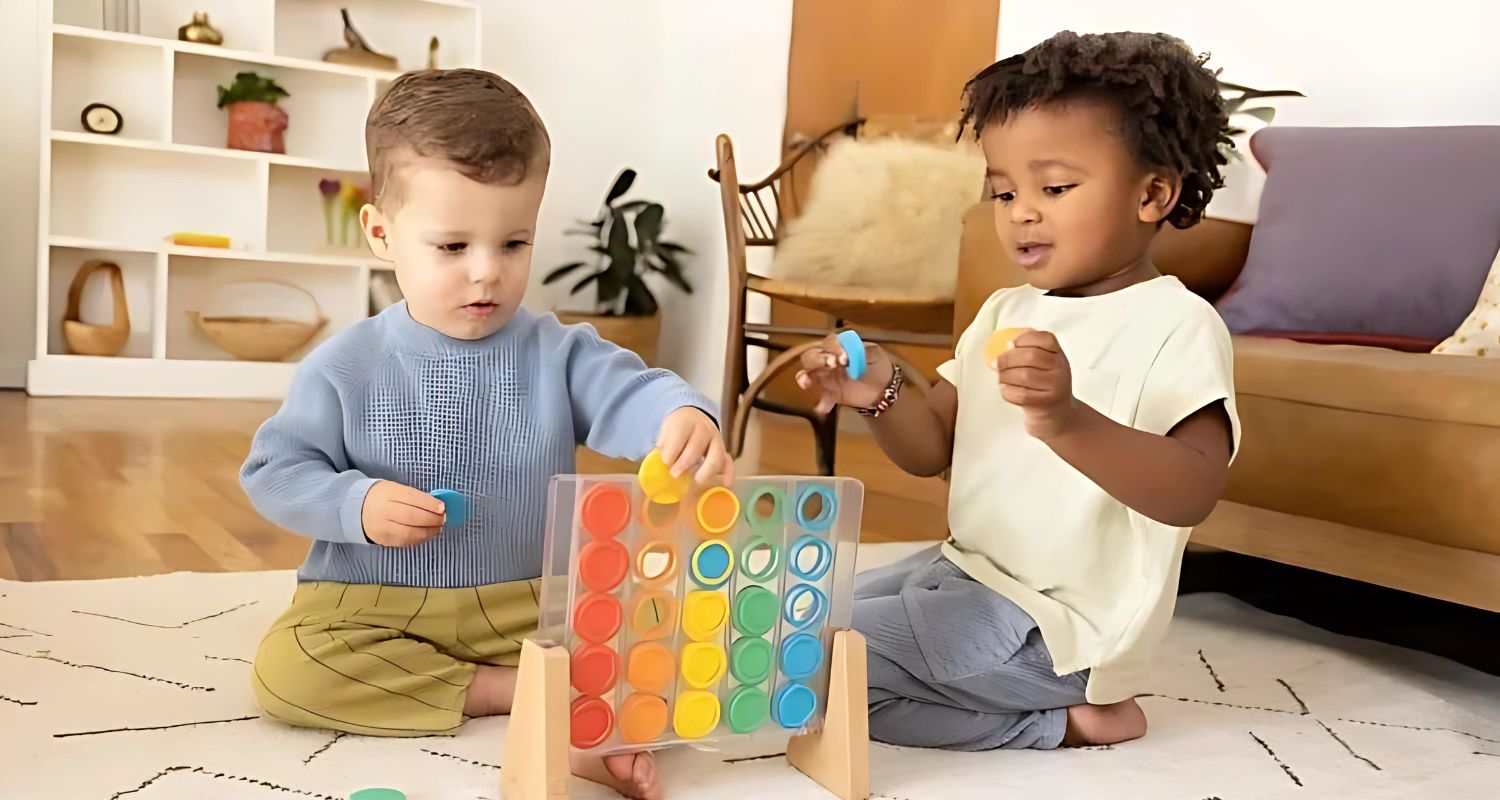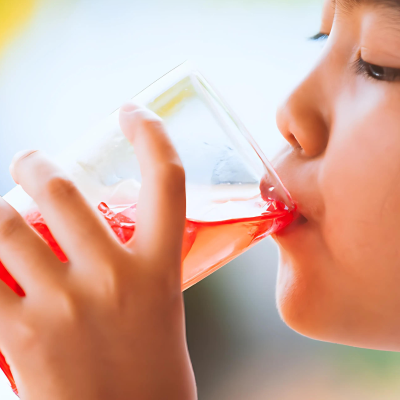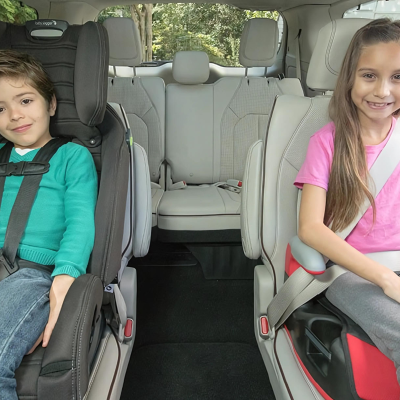As toddlers approach their second birthday, they experience a period of remarkable growth and development. The ages of 25 to 27 months are particularly significant as children make strides in various developmental areas, including motor skills, language acquisition, social interaction, and cognitive abilities. Understanding these milestones can help parents and caregivers support their child’s growth effectively. This comprehensive guide covers essential aspects of development during this critical period, providing insights and tips to aid in your toddler’s journey.
1. Physical Development
Gross Motor Skills
At 25 to 27 months, toddlers exhibit significant improvements in their gross motor skills. These skills involve the larger muscle groups and include activities like walking, running, and climbing.
Walking and Running: Your child will walk more confidently and may begin to run with increased stability. They may also start to navigate uneven surfaces with greater ease.
Climbing: Climbing on furniture, playground equipment, or other structures becomes more common. Supervision is crucial to ensure safety during these activities.
Kicking and Throwing: Improved coordination allows your child to kick and throw a ball with better aim and control.
Tips for Encouraging Gross Motor Skills:
Outdoor Play: Provide opportunities for your child to play outside where they can run, climb, and explore.
Safe Environment: Ensure that play areas are safe and free from hazards to prevent accidents.
Fine Motor Skills
Fine motor skills involve the use of smaller muscle groups and are crucial for tasks like grasping objects and manipulating toys.
Pincer Grasp: Your child will refine their pincer grasp, allowing them to pick up small objects using their thumb and index finger.
Drawing and Scribbling: You may notice increased interest in drawing and scribbling with crayons or markers.
Self-Care Tasks: They may begin to show interest in self-care tasks such as brushing their teeth or feeding themselves with a spoon.
Tips for Enhancing Fine Motor Skills:
Art and Craft Activities: Provide crayons, markers, and paper for drawing and coloring.
Puzzles and Manipulatives: Offer puzzles and toys that involve fitting pieces together or manipulating objects.
2. Language Development
Language development is a major focus during this stage, with significant progress in vocabulary and communication skills.
Vocabulary Expansion
By 27 months, toddlers typically have a vocabulary of around 50 to 200 words. They begin to use more words and start combining them into simple sentences.
Word Combinations: Expect to hear your child string together two to three-word phrases such as “want cookie” or “big truck.”
Understanding Instructions: Your child will start to understand and follow simple instructions or requests.
Tips for Supporting Language Development:
Talk Regularly: Engage in conversations with your child throughout the day. Describe what you’re doing, ask questions, and encourage them to express themselves.
Read Together: Read books with your child daily, pointing out pictures and discussing the story.
Speech Clarity
As your child’s speech develops, their pronunciation and clarity will improve, although some sounds may still be challenging.
Articulation: Expect some mispronunciations or difficulty with certain sounds, which is normal at this stage.
Comprehension: Their ability to understand and use language will continue to grow.
Tips for Enhancing Speech Clarity:
Correct Gently: Gently correct mispronunciations and model the correct pronunciation.
Encourage Repetition: Encourage your child to repeat words and phrases to practice articulation.
3. Cognitive Development
Cognitive development involves your child’s ability to think, learn, and solve problems. During this period, toddlers show growing curiosity and problem-solving skills.
Problem-Solving Skills
At 25 to 27 months, toddlers become more adept at solving simple problems and figuring out how things work.
Cause and Effect: They start to understand cause-and-effect relationships, such as pushing a button to make a toy move.
Sorting and Categorizing: Your child may begin to sort objects by color, shape, or size and understand simple concepts like “big” and “small.”
Tips for Encouraging Cognitive Development:
Interactive Toys: Provide toys that encourage problem-solving, such as shape sorters or stacking blocks.
Exploration: Allow your child to explore their environment and experiment with different activities.
Memory and Attention
Memory and attention span also improve during this stage, allowing your child to remember routines and focus on tasks for longer periods.
Routine Recognition: They may recognize daily routines and anticipate what comes next.
Focused Play: Your child can engage in activities for longer periods and show increased interest in their play.
Tips for Supporting Memory and Attention:
Consistent Routines: Maintain consistent daily routines to help your child feel secure and understand expectations.
Engaging Activities: Offer activities that capture their interest and encourage sustained attention.
4. Social and Emotional Development
Social and emotional development involves how your child interacts with others and manages their emotions. During this period, toddlers experience significant growth in these areas.
Social Interactions
At 25 to 27 months, your child becomes more interested in interacting with peers and adults.
Parallel Play: They may engage in parallel play, where they play alongside other children but not necessarily with them.
Sharing and Turn-Taking: While sharing and turn-taking are still developing, your child may begin to understand these concepts and exhibit more cooperative behavior.
Tips for Fostering Social Skills:
Playdates: Arrange playdates with peers to encourage social interaction and sharing.
Model Behavior: Model appropriate social behavior and reinforce positive interactions.
Emotional Regulation
Emotional regulation involves your child’s ability to manage their feelings and reactions.
Expression of Emotions: Your child may express a wider range of emotions, including frustration, excitement, and empathy.
Self-Soothing: They may begin to develop self-soothing techniques to manage their emotions.
Tips for Supporting Emotional Development:
Provide Comfort: Offer comfort and reassurance when your child is upset or frustrated.
Teach Emotion Words: Use simple words to label and discuss emotions, helping your child understand and express their feelings.
5. Independence and Self-Care
As toddlers approach their second birthday, they strive for greater independence and take an interest in self-care activities.
Self-Help Skills
Your child will show increased interest in self-help skills such as dressing, feeding, and toileting.
Dressing: They may begin to attempt dressing themselves, though they may need assistance with complex fasteners.
Feeding: Your child will continue to develop fine motor skills for feeding themselves with utensils.
Tips for Encouraging Independence:
Encourage Practice: Allow your child to practice dressing and feeding themselves with minimal assistance.
Provide Simple Choices: Offer simple choices to foster decision-making skills and independence.
Toilet Training
Toilet training may become a focus during this period as your child shows readiness for using the toilet.
Potty Training Signs: Look for signs of readiness, such as staying dry for longer periods or showing interest in using the toilet.
Consistent Routine: Establish a consistent potty training routine and provide positive reinforcement.
Tips for Successful Toilet Training:
Be Patient: Approach toilet training with patience and avoid pressuring your child.
Positive Reinforcement: Use praise and rewards to encourage successful attempts at using the toilet.
Conclusion
The period between 25 and 27 months is marked by significant growth and development in toddlers. From refining motor skills and expanding vocabulary to enhancing cognitive abilities and developing social and emotional skills, this stage is a crucial time for supporting your child’s development. By recognizing and nurturing these developmental milestones, you can provide a supportive environment that fosters growth, independence, and confidence. Remember to celebrate each achievement, be patient with challenges, and enjoy this exciting stage of your child’s journey.




